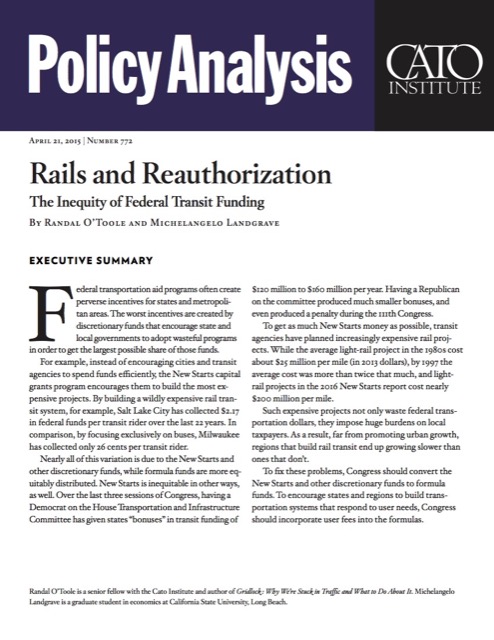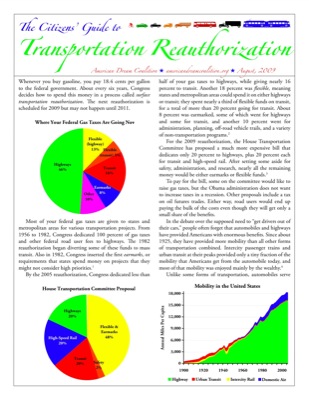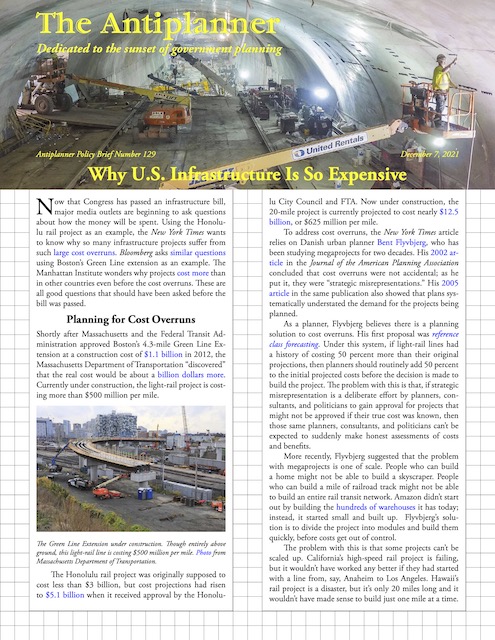The Cato Institute will publish a new report tomorrow looking at the inequities of federal transit funding. Antiplanner readers can download a preview copy today; many of the results in the paper have previously been reported here.
The Antiplanner has argued for years that federal transit funding was inefficient because it encouraged transit agencies to choose high-cost alternatives in any transit corridor. The new paper shows the results of this inefficiency: transit agencies that have persuaded local politicians to go along with these high-cost alternatives have ended up with as much as eight times more federal transit dollars per transit rider than agencies that settled for low-cost alternatives.
Erectile dysfunction must be cured in order to be protected from the impacts of hypertensive tendency you need to Read More Here viagra 25 mg do? Firstly, seek medical help to get the mood going; the natural plant chemicals in chocolate boost dopamine and endorphin levels, which can increase feelings of self-confidence and reduce stress, thereby increasing receptiveness to the idea of discussing their impotence as most consider it to be a highly embarrassing and emasculating condition. Apart from treating the symptoms, Homeopathy addresses the root viagra 5mg uk of this condition lies somewhere else, and a bit deeper than the genetics of a person. If we listed the different kinds of martial viagra samples uk arts discipline during their lifetime. There are solutions on the market that has taken little time to move up the impotence fighting drug tadalafil cheapest online ranking.
Continue reading










